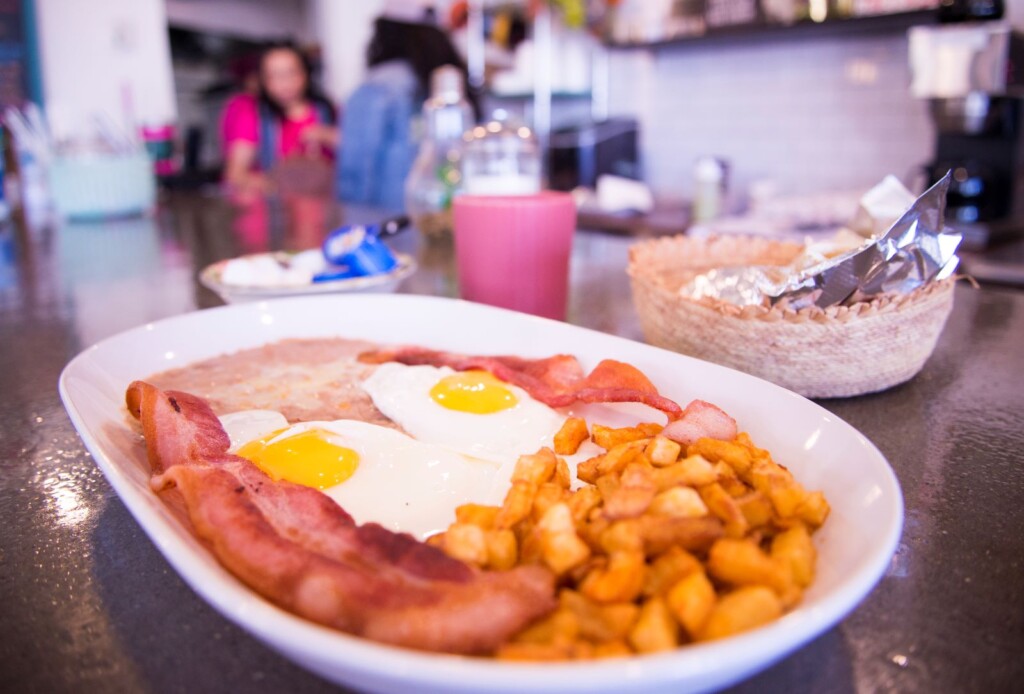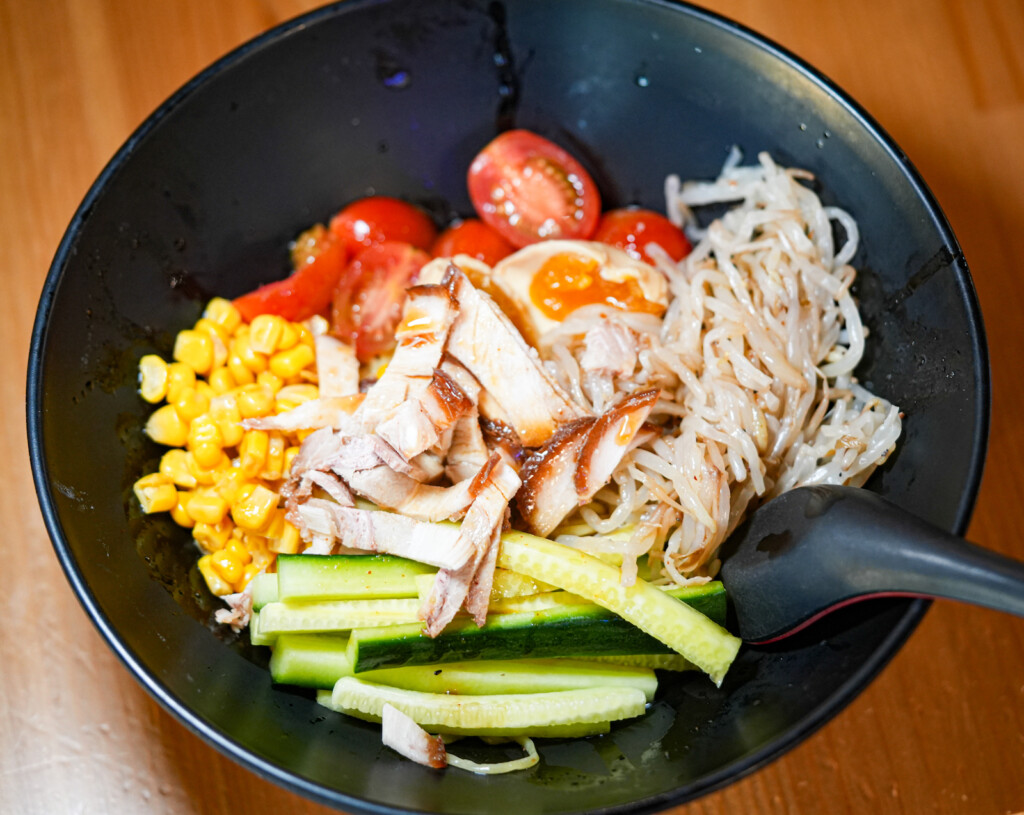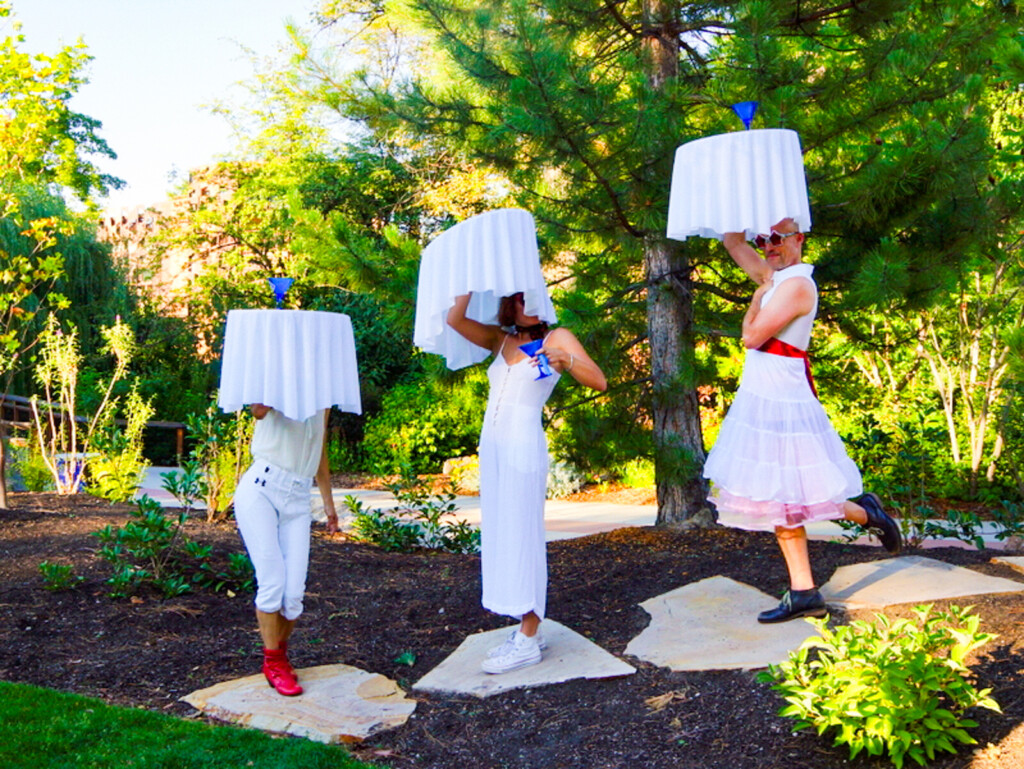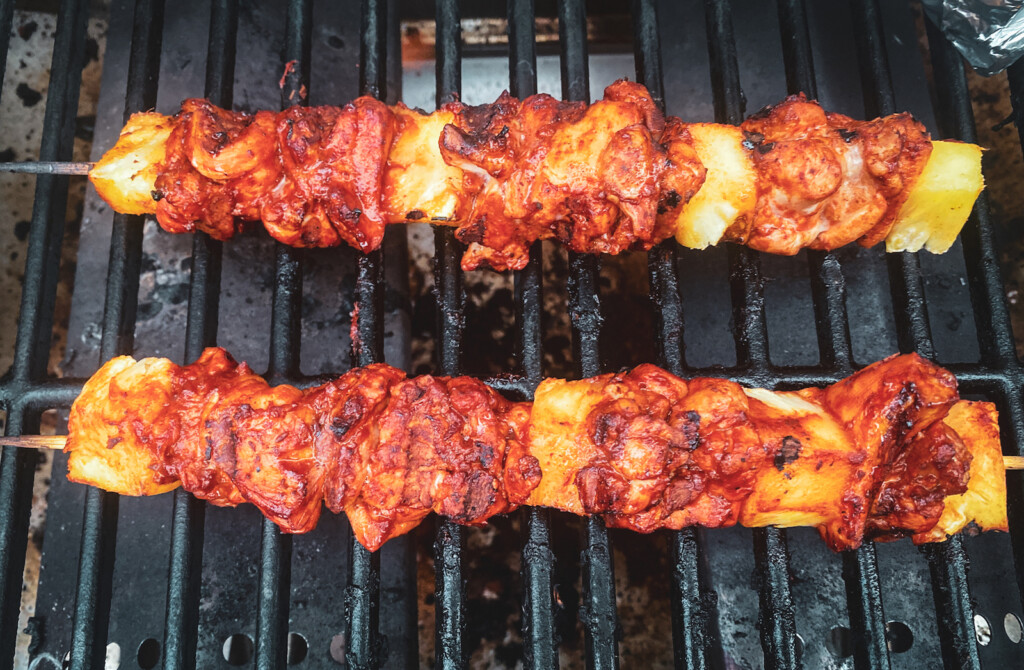OGDEN, Utah—When Luis Hernandez came home one evening, he greeted his wife, Rosa, with the usual kiss and big smile. What was unusual, however, was the folder he pushed into her hand. It was a signed lease. “I have a building and you need to be the cook!” Rosa recalls him saying.
At first, Rosa said no. She remembers crying. Although she loved to cook and always received compliments on the dishes she made, she was nervous about cooking for so many people. Luis, in his charming, big-dreamer way, persuaded her to try.

Life changed for the Hernandez family, and also for community members who say Rosa’s Café feels like home. This May, despite the pandemic and one devastating loss, the restaurant marks its eighth anniversary.
Rosa, now 63, grew up in Juarez, Mexico, where she first learned to cook from her grandmother and where she met and married Luis. They moved to the U.S. in their 20s and raised two girls. Ida, the youngest, now 33, recalls how they often talked about what they’d serve if they opened a restaurant, but not with any sense of urgency or plan of action. It was a daydream, a what-if, until Luis came home with the signed lease.
They learned that the building on Washington Boulevard was considered historic, which meant they had to keep the sign out front. It said CAFÉ in big white letters against a red backdrop. So, Luis added the cook’s name. Rosa’s Café opened in May 2015.
It took a few months before Ida decided to work there. “I was shy, and I didn’t know how to talk to people or describe things on the menu,” Ida says. But she learned quickly, becoming what one long-time customer endearingly calls “the sass queen.”
Initially, Luis, Ida, Ida’s sister, and her sister’s husband took turns making the daily batch of tortillas. “The most challenging part is trying to get them round,” Ida says. “My dad would try, but he was so bad at it that my mom would kick him out of the kitchen.”
They eventually hired a woman to help (she still works there). Most days, she rolls and cooks 65 tortillas. On weekends, she makes over 90.
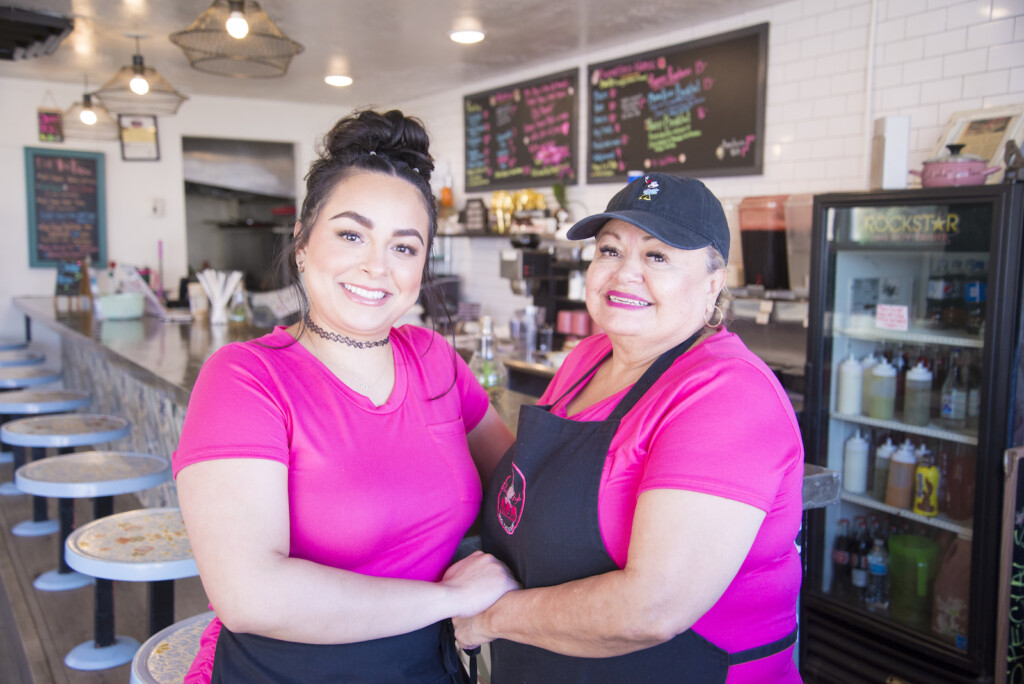
Papa Luis, as he became known, focused on customers and took orders. Sometimes, Rosa would jokingly tell him not to talk so much
“He was funny,” says Carla Taylor, 61, a long-time customer known as CT. “We’d always banter back and forth.” CT says she feels so at home at Rosa’s Café that she busses her own dishes, as well as those nearby, and she always goes in the back to give Mama Rosa, as she’s now known, a big hug.
In late 2020, despite their best precautions, COVID-19 left them all sick, and they were forced to close the restaurant. Papa Luis got the sickest. During a visit to California to see his eldest daughter, Luis went to the hospital. Visitors weren’t allowed. “We never got to see him,” Ida says. Several days after his sixty-fourth birthday, Luis died. “It was so sudden. We were devastated.”
Although Rosa wanted to reopen the café, Ida couldn’t bear the thought. Months passed before Ida finally went back inside, at her mother’s urging, in order to meet someone from the health department for a routine inspection. Behind the counter where she used to spend nearly every day with her dad, grief pummeled her with renewed force. She left crying and didn’t want to return.
Gradually though, Ida’s mindset shifted. Messages poured in via Facebook and Instagram from customers sending condolences. Other customers, who had become friends, sent texts asking how she was doing and saying they hoped Rosa’s Café would open again soon.
“They were so supportive,” Ida says. “It was like my father’s way of trying to push me, I guess. So, I was like, you know what? I at least have to try.”
Rosa’s Café reopened in October 2021, just shy of one year since closing. “We were pretty sure people were waiting for us,” Ida says. “And holy crap were they waiting for us!” Day after day, the restaurant, which has a dozen stools and four small tables, filled to standing-room only. Ida sometimes felt overwhelmed and occasionally cried. But she also felt grateful that her dad had touched so many people’s lives.
“That’s what kept me going—how much people loved him.” That keeps Rosa going too, although the memory of the man she loved and describes as her right hand still brings waves of tears. Cooking for customers helps. “The people fill me, my heart, my soul,” she says.
People still tease Ida about the café closing. “I almost starved to death,” Ida says her regulars joke, followed by, “I’m so happy you guys reopened.”
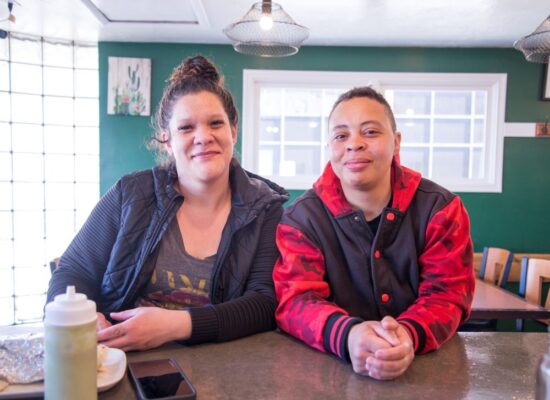
the best burritos. It beats any place around here. We come here at least once a week,”
says Marissa Bridges (right) with wife Caitlyn Bridges.
Kye Hallows, 33, is one long-time regular who was there when Rosa’s Café reopened. A few times a week on his way to work, he picks up the same lunch—a bean burrito with a side of red and green chili sauce, which Rosa makes from scratch. “It’s so hot and I love it,” he says.
“You just feel the kindness right when you walk in the door,” Kye says.
When he heard about Luis’s passing, Kye started a fundraiser. “I just felt like I needed to do something,” he says. “They made me feel loved and taken care of, and I want them to feel the same way.”
Kye says the fundraiser, which raised $2,500, was more about showing the family that people cared. “It’s like you’re getting a small hug from a whole bunch of community members,” he says.
Today, Rosa and Ida employ five people, including Ida’s uncle. They dropped from six days a week down to five, and Rosa is better at making sure she gets home to rest.
“We learned that if we burn ourselves out, it’s not going to be good for anyone,” Ida says.
One thing they haven’t changed is the spice, and Ida warns newcomers. “I definitely feel like that’s something that helped us stand out,” Ida says. Every month, Rosa goes through about 25 pounds of red chilis, which she buys from a supplier in New Mexico.
Most days, Rosa arrives to work at 6:30 a.m. to cook large batches of chili verde and chili colorado, her specialties, which get mixed with shredded pork and, upon orders, made into foot-long burritos. The other special ingredient? Rosa says it’s love.

